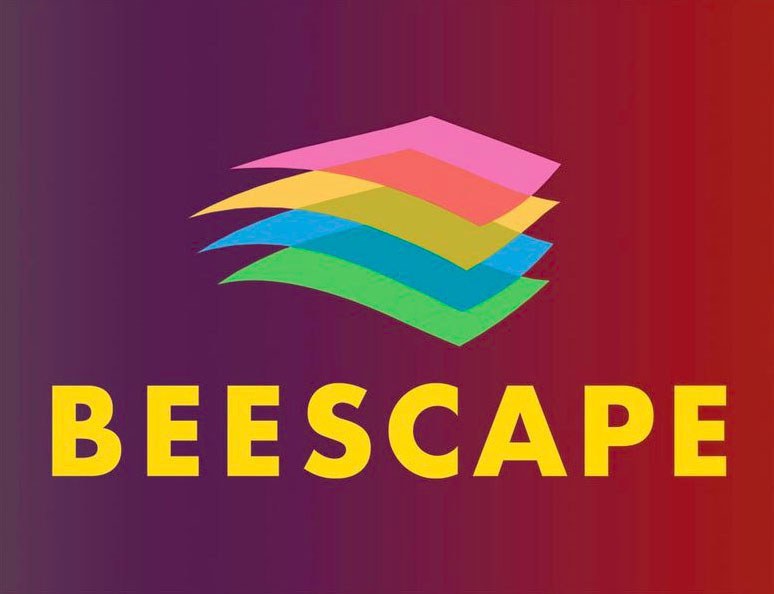Posted: July 2, 2020
Greetings, once again, from the Beescape Team! This is another entry in our monthly updates from us here at Beescape!

BEESCAPE logo
As always, we will use this newsletter to share Beescape updates, interesting study results, and other relevant information related to Beescape and associated projects!
For July, we have a few resources relevant to both beekeeping and wild bee conservation. First, a new report was just published by Dr. Scott McArt's Lab at Cornell University on the effects of neonicotinoid insecticides on insect pollinators in New York state. You can view the full report online (432 pages; a 7-page synopsis begins on pg. 19) and Dr. McArt also provides a short summary. Second, 'The Pollinators' movie is now available digitally for download. This movie has received numerous awards, and is a great summary of the complex interactions between our food systems, commercial beekeeping, and pollinator health. An excellent resource for education and outreach!
One additional item folks may be interested in: Penn State Extension continues to offer its series of FREE webinars on bees! These span a variety of topics from apiary management to wild bee habitat needs and gardening. The next webinar (topic: "Bumble bee biology and management for pollination") will be NEXT Wednesday (July 8th; 3pm Eastern) and are weekly thereafter until July 22nd. These are 100% free but you DO need to pre-register (it only takes a minute) -- sign up for lots of very interesting information! You will also receive an emailed link to the recorded webinar (which has closed captioning) AFTER you register.
Finally, please remember to fill out your Fall/Spring Beescape survival survey from 2019/2020 if you have not already done so! By contributing fall (and spring) survival data through Beescape, the Beescape Team can better predict the landscape factors (including weather and climate) associated with metrics of bee health like overwinter survival and the timing of nectar flows! We need BOTH Fall and Spring surveys for each apiary to make use of the data -- one without the other cannot be added to our models. We are excited to use your data to make better tools (like our new Bee Winter Wise tool) to predict honey bee health dynamics!
As always, feel free to contact us at beescapepsu@gmail.com with any questions, comments or concerns -- including assistance with filling out your Beescape surveys. We always love hearing from you.
Sincerely,
The Beescape Team

